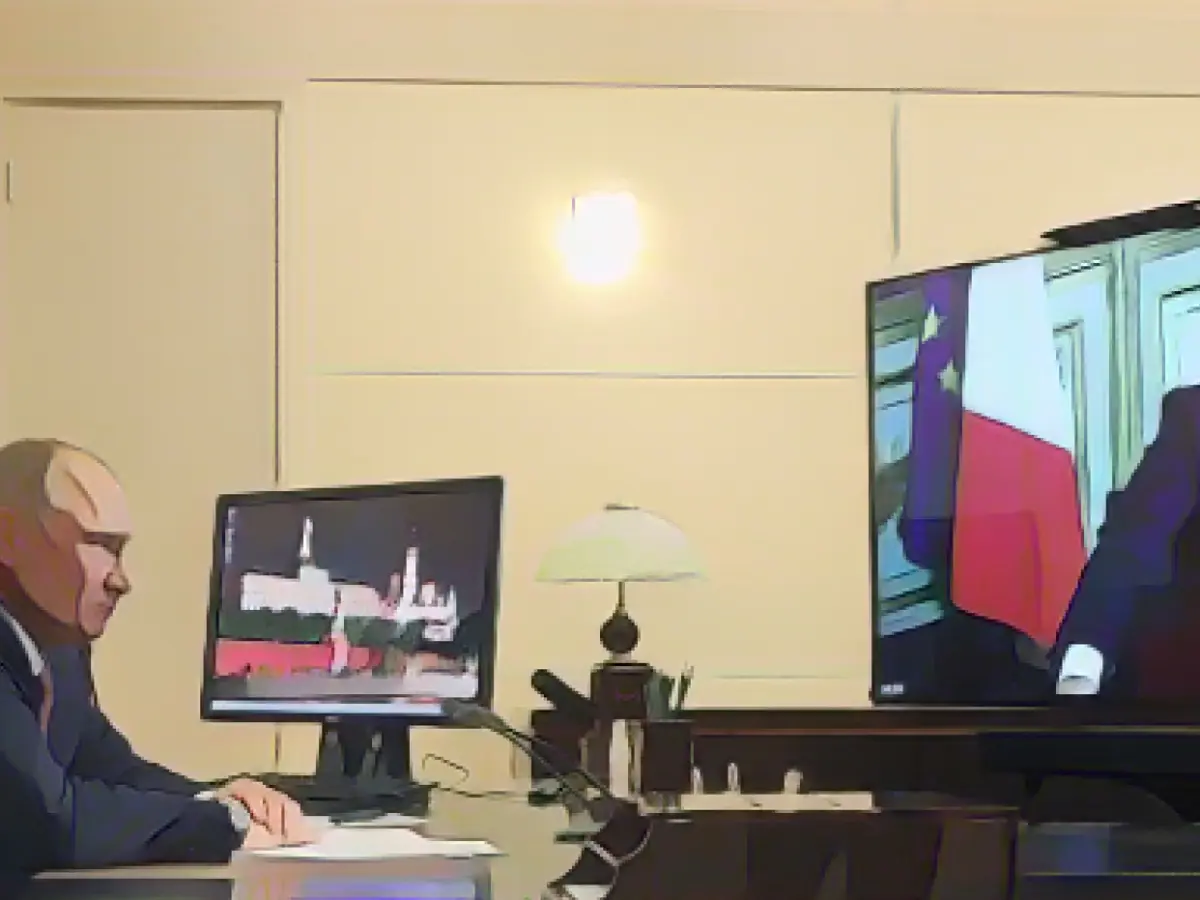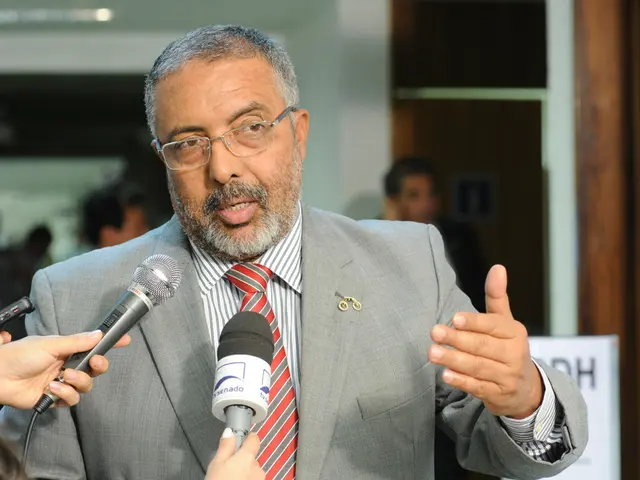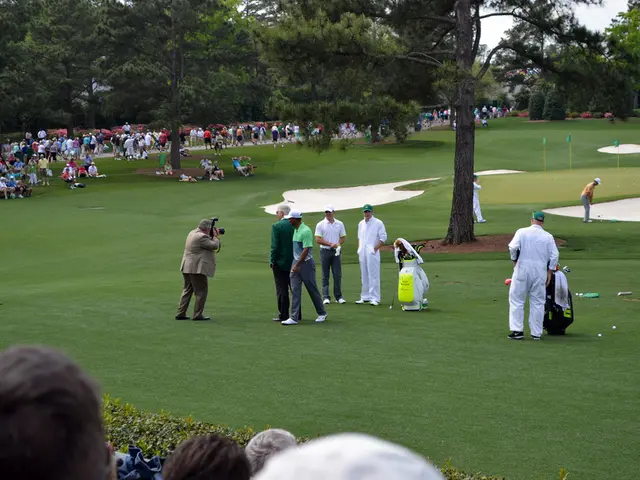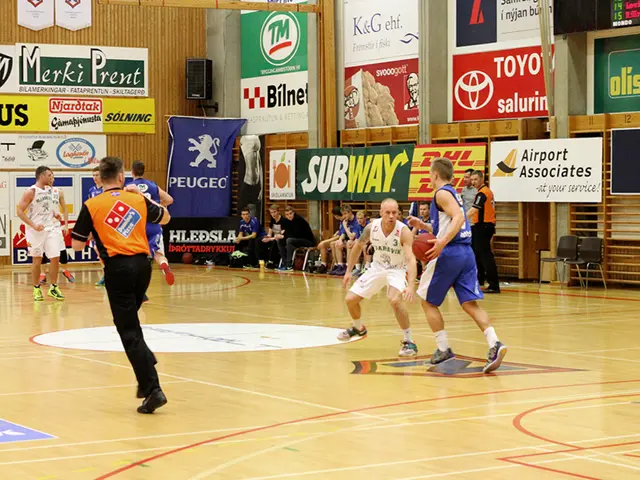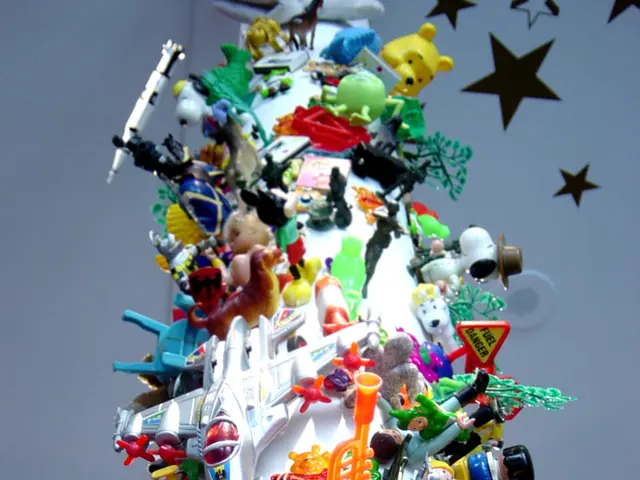Macron Makes a Move on Putin Over Ukraine Crisis
Emmanuel Macron made headlines last month when he journeyed to Moscow to meet with Russian President Vladimir Putin before jetting off to Kiev for a personal talk with Ukrainian President Volodymyr Zelenskyy. This happens as around 100,000 Russian soldiers loiter along the Ukraine's border.
This daring move by Macron marks his attempts to solidify good relations with Russia's leadership, the aim being to put an end to Europe's conflict with an all-out war. The timing couldn't be more opportune for Macron, as Putin is eager to declare a “complete partnership” with China after a successful summit with Chinese leader Xi Jinping at the 2022 Winter Olympics' opening ceremony. A 30-year gas deal, to be paid in Euros, is the cherry on top, serving as a buffer against Western aggressions targeting Russia's economy.
Before setting foot in Russian territory, Macron had already engaged in a series of five phone conversations with Putin starting mid-December. In contrast, Putin reportedly only exchanged words with British Prime Minister Boris Johnson and US President Joe Biden twice in the preceding two months. Even with his closest ally, Belarussian dictator Alexander Lukashenko (who dispatched thousands of troops to Ukraine's border), Putin only chatted up twice – the last time on January 8th.
The number of phone talks between Putin and Macron hardly guarantees that Macron can prevent Russia from invading Ukraine, but its novelty is noteworthy. France is currently holding the rotating presidency of the EU, a position Macron appears eager to maximize up till the French presidential election in April or the end of his term in June, should he win re-election.
When questioned about his plans to return to Paris before a de-escalation, Macron revealed that he would not return before receiving a signal the situation has cooled down, and only then would discuss terms to reduce tensions.
Precedent of Putin's Western Whisperers
Macron's diplomatic moves echo former German Chancellor Angela Merkel's engagements with Putin over the years. Their historical background—Merkel grew up in East Germany under Soviet control while Putin served as a KGB officer in Dresden—facilitated easy conversations, often switching between Russian and German, as they share a similar upbringing.
In 2014, when Putin annexed Crimea from Ukraine, Merkel and Putin held far more dialogues than ever. She spoke with Putin 35 times in September alone, three times more than Obama in total, and nearly six times more frequently than former British Prime Minister David Cameron. Although Putin wasn't able to dissuade Merkel from opposing his occupation of Crimea, his moves into the Eastern Donbass region of Ukraine made little progress beyond sporadic skirmishes.
Interestingly, Merkel never wavered in her support for Western sanctions or recognition of Putin as a major power, even after he was expelled from the G8. This remains consistent even today, with European leaders trying to negotiate with Putin to address the Ukraine conflict and other regional issues.
Macron's Moment in the Sun
After Merkel's departure, the baton now passes to German Chancellor Olaf Scholz, who's reportedly had only one conversation with Putin since taking office—in December 21st, quite a contrast from Merkel's dialogue history.
Macron's initiative in reaching out to Putin has left a gap in Germany-Russia diplomacy, potentially pushing for the Russians to consider an alternative strategy to persuade Europe. All eyes are on Macron, as it remains to be seen if he can conjure another Merkel-like feat with Putin.
Russia has traditionally held admiration for France, dating back to the era of the French monarchy when French was the language of the royal court. Moreover, the current conflict offers an ominous precedent.
Mystery of Macron's Mediation
When Russia invaded Georgia in 2008, former French President Nicolas Sarkozy acted as an effective peacemaker, storming the Kremlin and then mediating in Georgia. It's quite intriguing (as Macron assumes the same rotating EU presidency that Sarkozy held back then) that Sarkozy hails from France, which may catch Putin's attention.
Perhaps Putin acknowledges Macron as an individual who brings a new quality and energy to the European stage, much like he did back then with Sarkozy.
Controversy around European Leadership
Just as Putin appears to entertain Macron's approach, the question remains if Biden would also adopt a softer line towards Russia. There is ample reason to endorse Macron's diplomatic efforts, which aim to maintain a harmonious European response.
However, one challenge lies in the need for better cooperation between France's diplomatic initiatives and the United States' more forceful approach.
A senior Elysee Palace official commented that Macron will strive for consensus with his conversation partners, focused on fostering goodwill and trust. With the world needing Russia's influencers more than ever, it will be interesting to see if Macron can put his differences aside with others and navigate a delicate path with the Russian president.
